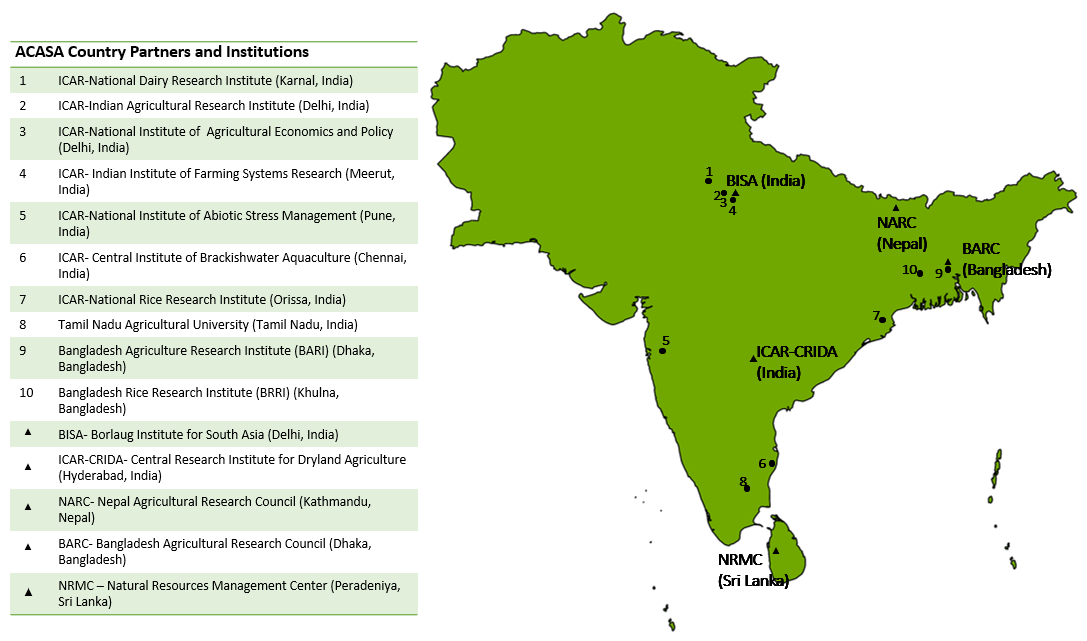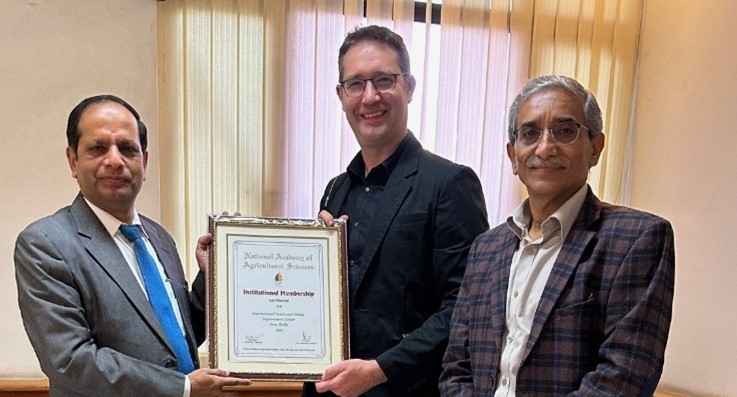About ACASA
Increasing climatic risks make it imperative to identify spatial and temporal risks that are likely to impact agriculture. Adaptation options are thus needed to mitigate the negative impacts. Considering this, with support from the Bill & Melinda Gates Foundation (BMGF), the Borlaug Institute for South Asia (BISA) is working with national agriculture research systems in South Asia to develop the Atlas of Climate Adaptation in South Asian Agriculture (ACASA).
This comprehensive Atlas aims to provide granular-scale information for South Asian countries at the village scale by integrating various spatially explicit data sets together. It covers climate hazards, and the exposure of smallholder populations, farms, and crop and livestock enterprises to hazards. It will also look into the vulnerability of these populations to climatic risks, impacts on critical commodities in the region, and evidence of the effectiveness of different climate adaptation interventions.
The ACASA offers a unique set of tools that can facilitate improved investment targeting and priority setting, and support stakeholders’ decision-making and investments in agricultural technologies, climate information services, and policies. The intended beneficiaries of this Atlas include governments, insurance and agri-food industries, international and national donors, and adaptation-focused entities.
Driven by science and data, explore ACASA’s approach to safeguard South Asian Agriculture
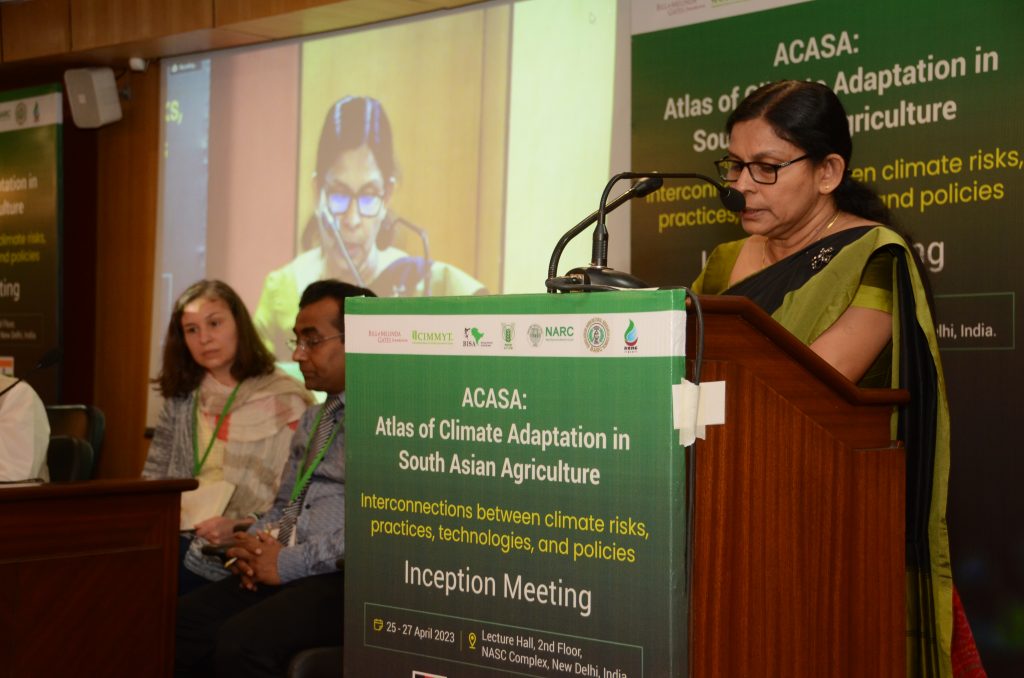
ACASA Objectives
- Increase the quality, availability, and utility of data and evidence.
- Improve climate adaptive capacity of agricultural systems and guide stakeholders on location-specific adaptation options, including gender-informed technologies, practices, and climate information services to address risks.
- Increase the resilience of small-scale producers to climate variability and change.
ACASA Workstreams
Climate Risk Assessment
Gridded risk analysis using historical crop yield data and satellite signatures; indicators of current and future hazards, exposure, and vulnerabilities.
Assessment of Climate Impact on Commodities
Climate impact on commodities under current and future climate
Portfolio of Adaptation Options
Decision trees, crop/livestock models, statistical and econometric models, and expert consultations
UI/UX Development
An open-source, web-enabled, interactive, and dynamic Atlas development
Capacity Strengthening of Stakeholders
Training materials, tools, tutorials, and country/regional level workshops
The advisory panel established under ACASA will identify potential users, use cases in different countries, and guide and review Atlas’ progress. The constituted panel will have the scientific advisory committee (SAC) and South Asia’s country team leaders, who will be instrumental in hosting and adapting the Atlas. Explore the dynamic team of ACASA’s advisory panel.
Reports
ACASA Project Inception Report
To discuss ACASA and its development, a 3-day inception meeting was held in Delhi, India, from 25th to 27th April 2023, marked by 70 distinguished guests from Nepal, Sri Lanka, Bangladesh, and India discussing the various aspects of Atlas. The inception meeting provided some valuable recommendations/highlights that will be instrumental in building the Atlas.
The ACASA project places significant importance on the practical applications of the Atlas. Various stakeholders could utilise Atlas to enhance investment in agricultural adaptation technologies and climate information services. Drawing from the diverse perspectives of the panellists during the inception meeting, a consolidated report was prepared on how ACASA team and its partners will be prioritising and developing use cases based on geographical and thematic considerations.
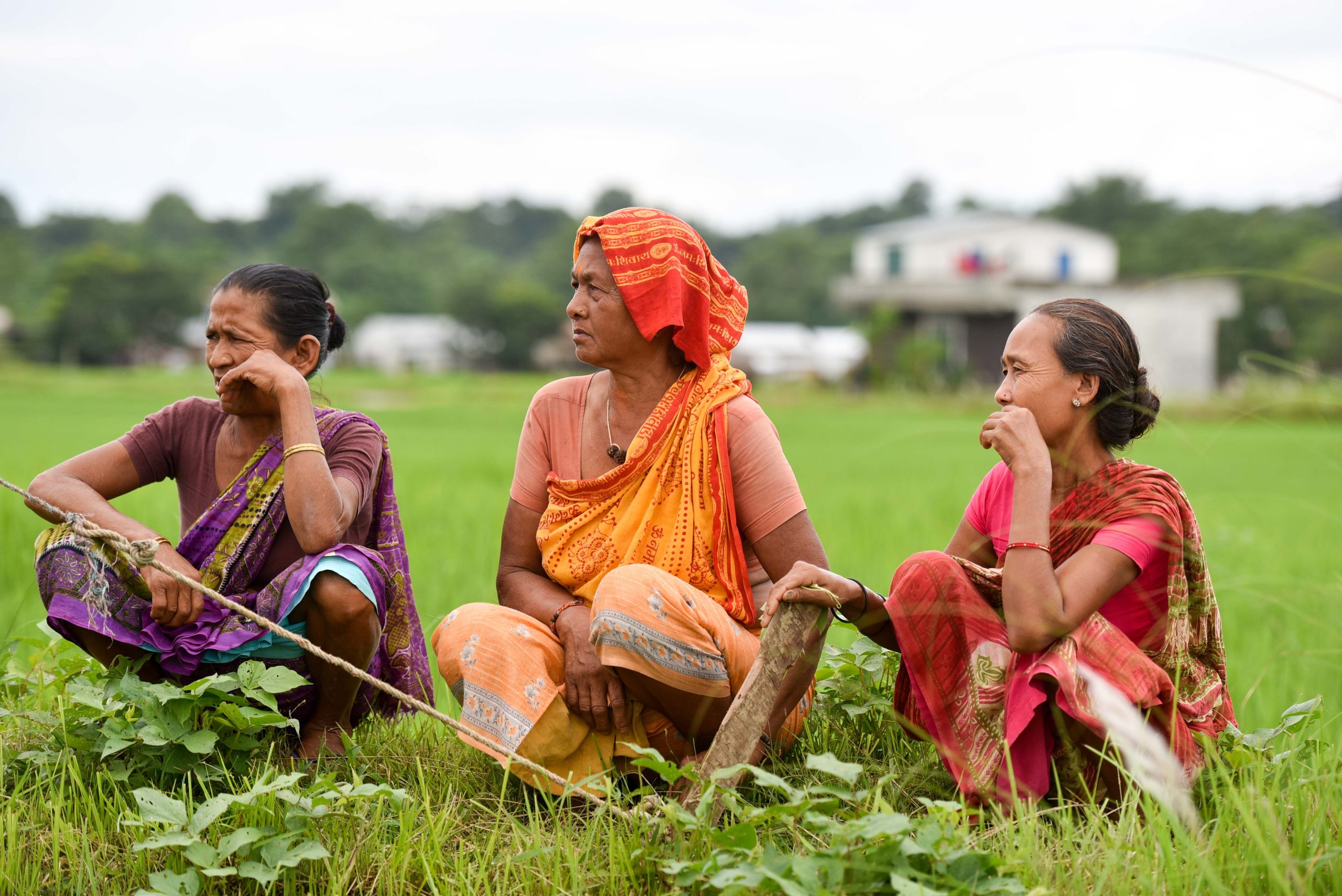
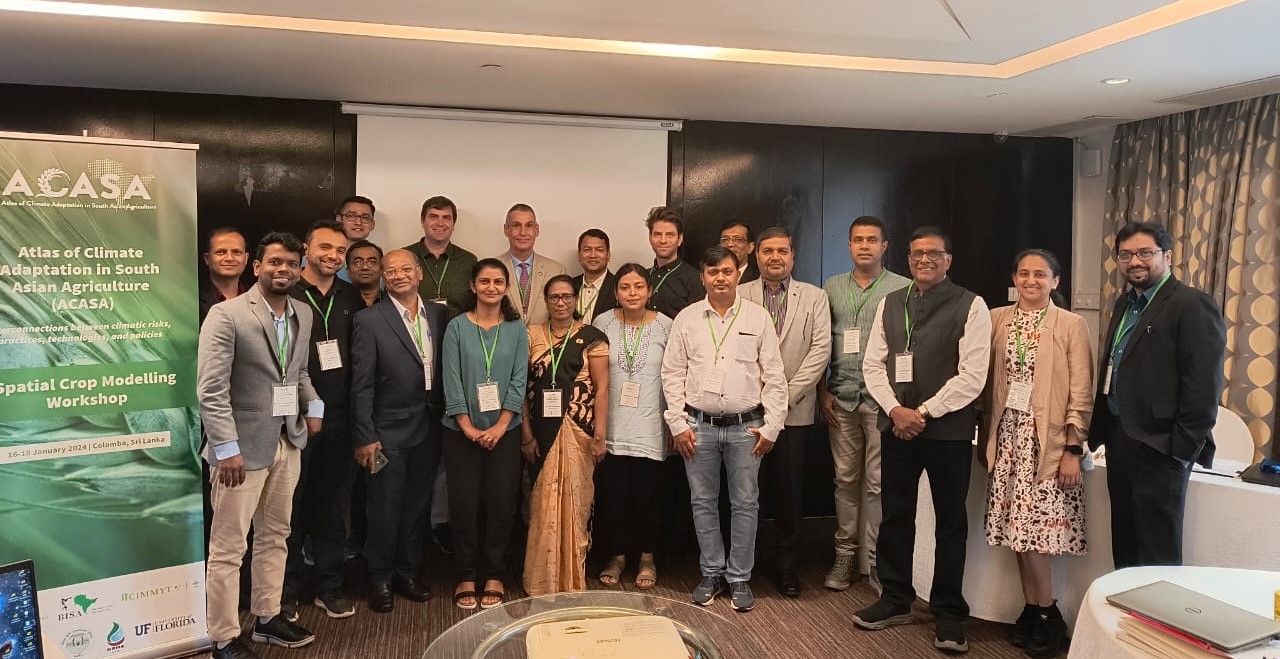
 Climate adaptation and mitigation
Climate adaptation and mitigation 

